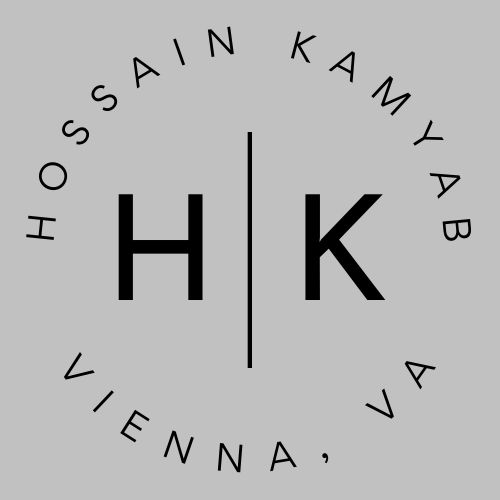In the realm of interior design, few niches hold as much allure and excitement as designing for hospitality spaces. From boutique hotels to trendy cafes, each project offers a canvas for creativity, functionality, and atmosphere. If you’ve ever dreamt of immersing yourself in this dynamic field, now might be the perfect time to embark on your journey.
What Is Needed
First and foremost, a passion for design is essential. Whether it’s a penchant for creating cozy atmospheres or an eye for sleek, modern aesthetics, your love for crafting spaces should be the driving force behind your pursuit. This passion will fuel your creativity and sustain you through the challenges that come with the territory.
Education is another cornerstone of a successful career in interior design. While formal education isn’t always mandatory, obtaining a degree or certification from a reputable institution can provide you with invaluable knowledge and skills. Look for programs that offer coursework specific to hospitality design, covering topics such as space planning, lighting design, and materials selection.
Internships and hands-on experience are invaluable assets in this field. Seek out opportunities to work with established designers or firms, even if it means starting as an assistant or intern. These experiences will not only enhance your skills but also allow you to build a network within the industry, opening doors to future opportunities.
How to Succeed
Networking is crucial in any competitive field, and interior design is no exception. Attend industry events, join professional organizations, and connect with fellow designers, architects, and suppliers. Building strong relationships within the industry can lead to collaborations, referrals, and mentorship opportunities that can propel your career forward.
To stand out in the competitive world of hospitality design, you’ll need to develop a distinctive style and vision. Take the time to hone your aesthetic and cultivate a portfolio that showcases your unique talents and perspective. Whether it’s through bold color choices, innovative use of materials, or attention to detail, your signature style will set you apart from the crowd.
Flexibility and adaptability are also essential traits for success in this field. Hospitality design projects often come with tight deadlines, budget constraints, and ever-changing client demands. Being able to think on your feet, problem-solve creatively, and collaborate effectively with clients and contractors are invaluable skills that will serve you well in this fast-paced environment.
Finally, never stop learning and evolving as a designer. Stay abreast of the latest trends, technologies, and innovations shaping the hospitality design landscape. Whether it’s mastering new software tools or experimenting with sustainable materials, embracing lifelong learning will keep your skills sharp and your designs fresh.

